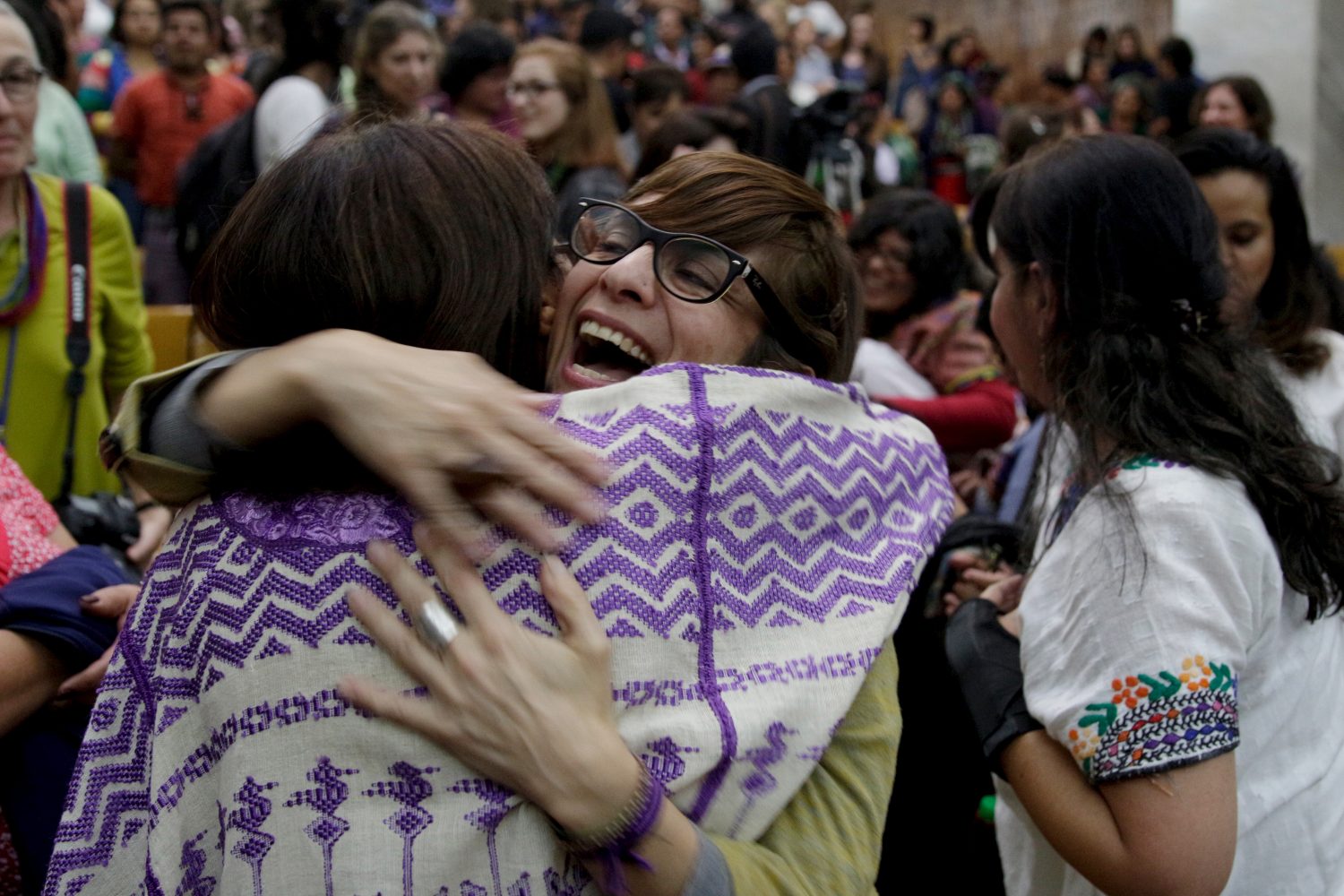Reparation
We deliver remedies and reparation for survivors.
All survivors of torture must receive effective reparations for the suffering inflicted on them. This can take the form of compensation or the implementation of practical measures to fulfil international standards for reparation.
Such measures can include restoring their freedom, the return of illegally seized property, or public acknowledgement of the perpetrators’ wrongdoing in order to return the victim to their original standing in the community.
REDRESS uses litigation and policy advocacy to develop and implement national legal frameworks that deliver reparations to both individuals and communities. This work includes a novel project on asset recovery and sanctions as a way to deliver reparations, promoting reparations in specific tribunals including the International Criminal Court, and implementing influential international standards on reparations such as the UN Basic Principles on the Right to a Remedy and Reparation.
REDRESS secures effective reparations for survivors through projects including:
- Asset Recovery. We use legal and advocacy avenues to challenge the financial impunity that some high-profile perpetrators of torture enjoy, by taking action to seize their corrupt assets and, where possible, using them to provide reparations to their victims.
- Magnitsky Sanctions. We encourage NGOs to use the new UK system for human rights sanctions against perpetrators of torture.
- Reparation for victims in Ukraine. REDRESS is working together with partners in Ukraine and around the world to explore potential legal routes for financial accountability and the delivery of reparations to victims affected by the conflict in Ukraine.
- Delivering reparations in practice. REDRESS works with national partners around the world to deliver effective reparations in practice. Through this work we ensure that survivors of torture receive the different forms of reparation that they are entitled to.
- Reparation for survivors of conflict-related sexual violence. REDRESS is producing in collaboration with the Global Survivors’ Fund a multi-country study on the needs and opportunities for reparations for survivors of conflict-related sexual violence (CRSV) in Bangladesh, Cambodia, Chad and Myanmar.
- Reparations Guide. We have worked with partners at Queens University Belfast to develop a guide to reparations in international law.
- Istanbul Protocol. We have supported a process to update the UN guidance on the investigation of torture, a key element of reparation.
Photo cover by Josue Delavele/Reuters. People react after a verdict was given in the Sepur Zarco case in Guatemala, on 2 March 2016. Two former military officers were convicted of crimes against humanity on counts of rape, murder and slavery, and granted 18 reparation measures to the women survivors and their communities.

